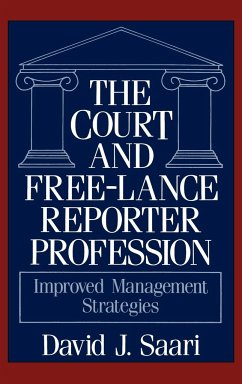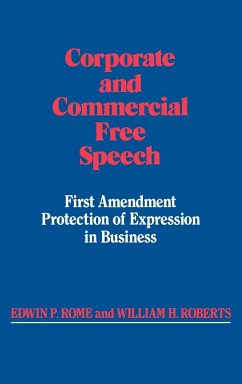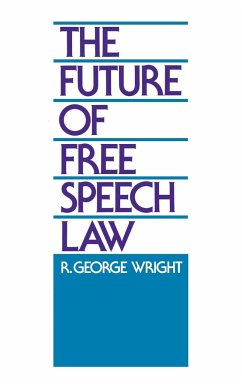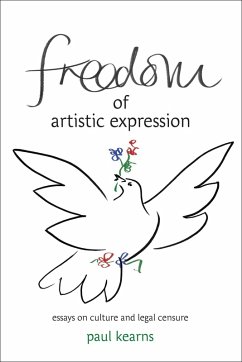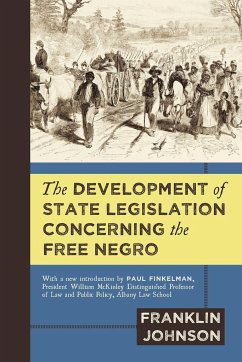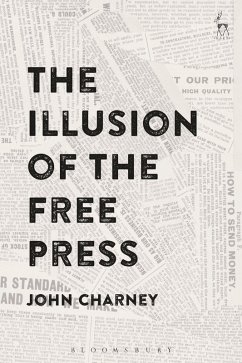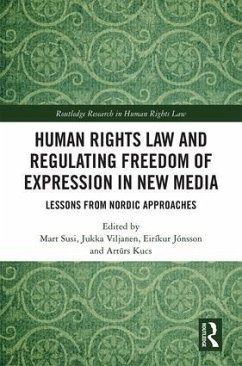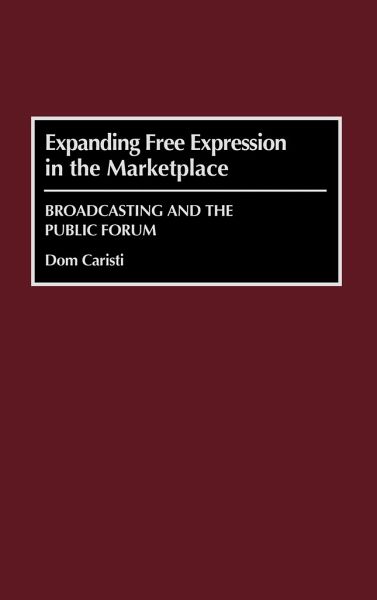
Expanding Free Expression in the Marketplace
Broadcasting and the Public Forum
Versandkostenfrei!
Versandfertig in 1-2 Wochen
69,99 €
inkl. MwSt.

PAYBACK Punkte
35 °P sammeln!
In order for free expression to be meaningful, there must be forums available for individuals wishing to express themselves. Despite an increasing number of broadcast stations, there are still far more people wishing to speak than there are licenses. This book examines the marketplaces for free speech and proposes means by which speaking opportunities can be increased. The author even proposes the creation of broadcast access channels. Unlike access proposals of the past, these channels would respect the rights of broadcasters and cable operators by not requiring them to accomodate speakers, b...
In order for free expression to be meaningful, there must be forums available for individuals wishing to express themselves. Despite an increasing number of broadcast stations, there are still far more people wishing to speak than there are licenses. This book examines the marketplaces for free speech and proposes means by which speaking opportunities can be increased. The author even proposes the creation of broadcast access channels. Unlike access proposals of the past, these channels would respect the rights of broadcasters and cable operators by not requiring them to accomodate speakers, but, rather, by establishing electronic soapboxes, open to speakers on a first-come basis, reflecting the traditional speech making in parks and on street corners. Caristi begins his work by examining the various freedom of expression theories. He asserts that of all the values protected, free expression as self-fulfillment is the most expansive and should be the approach adopted whenever possible. Through legal history and analysis, the book examines the cases and commentary relevant to public forum and broadcast cases. Red Lion, Tornillo, and their progeny are examined for rationale in regulating media. Despite claims to the contrary, scarcity is seen as an appropriate regulatory approach for broadcasting. This book is a valuable contribution to the discussion of first amendment and communication policy, and it should be of interest to students in communication, law, and public policy.






